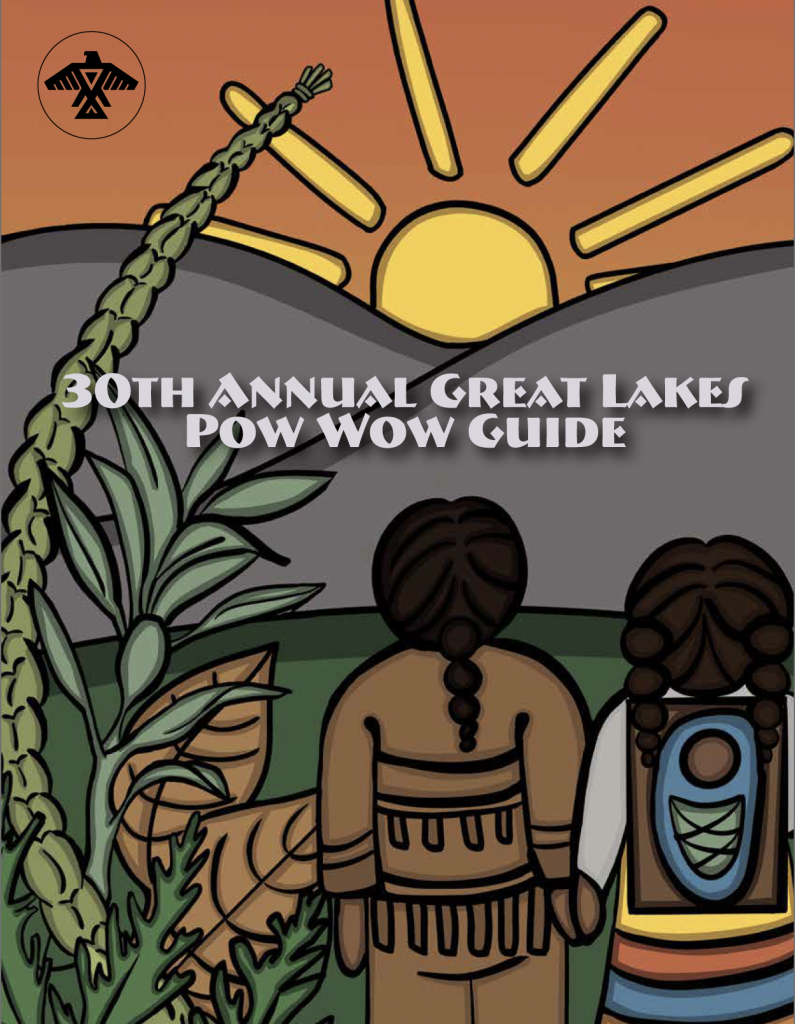If you or a family member require additional support or assistance
Please contact the Reconciliation Navigator for the Anishinabek Nation: S.Goulais.Deering@anishinabek.ca
What is a “Claimant”?
In the cases of Settlements, the claimant is the person whose claim it is. You may be a representativeof aclaimant if you are applying on their behalf.
“One that asserts a right or title”
What is a “Class Counsel”?
Are the court-appointed lawyers for all Class Members* which provides free legal advice to ClassMembers regardingthe Claims Process**Also advises Claimants on level selection.
* unless class member has hired separate legal counsel, ** as above.
What is a “Claims Administrator”?
Is the Court-appointed body that receives and reviews Claim Forms and determines Claimant eligibilityand level ofcompensation. Also updates Claimant on status of a claim.
What happens if I “opt out” of a Settlement?
Opting out is a permanent decision. Those who chose to opt out will not receive compensation under theSettlement.They do, however, retain the right to bring their own action against Canada at their own cost for harmssuffered.
Why is the term “Indian” used in these Settlements?
Federal “Indian Day Schools” and “Indian Residential Schools” were created under Canada’s IndianAct, which applied to First Nations, Inuit, and Métis peoples. The schools, and their name, reflectthe dark reality of Canada’s history with Indigenous peoples.




